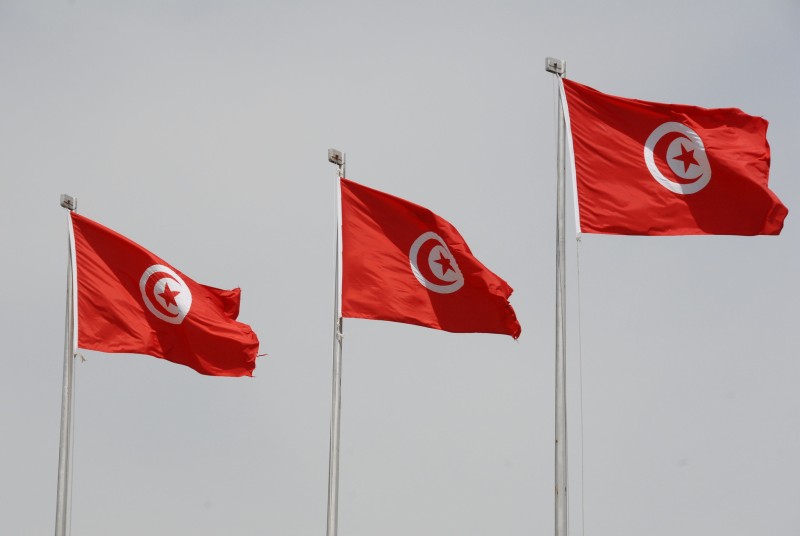Reported by
Tunisian civil society groups are raising alarm after IWatch, the country’s chapter of Transparency International, condemned the sudden shutdown of the Access to Information Authority (INAI). The closure, never officially announced, is the latest move undermining independent oversight bodies.
IWatch said the issue goes beyond the authority’s closure, pointing to what it called the government’s systematic blackout of information and erosion of transparency.
According to IWatch executive director Talel Ferchichi, the authority’s work had been paralyzed long before. Its interim director was suspended a year ago, and its offices were quietly shut down last spring without explanation or public reaction.
“We realized this very quickly because we work regularly with the body and our association submits numerous requests for access to information as part of our activities,” Ferchichi said.
In its statement, IWatch described INAI as “the last bastion of transparency in Tunisia” and accused authorities of deliberately weakening the institution, warning it had been “gradually and methodically paralyzed.”
Ferchichi added that the closure might have gone unnoticed if IWatch had not raised the alarm. He told OCCRP that the group had also faced administrative restrictions hampering its work.
“Little by little, the space for transparency, civil society, and countervailing powers is being restricted by the ruling power. The entire civic space is being gradually reduced in Tunisia,” he said, citing the shutdown of other independent regulatory bodies.
The National Union of Tunisian Journalists also denounced the closure, calling it a “serious violation of the constitutional right of access to information and a perpetuation of the blackout policy.” Suspending the authority, the union warned, “represents a means of turning journalism into a mere tool for official propaganda and blocking all serious and investigative journalism… a devastating blow to what remains of professional and independent media.”
Created in 2016 as an independent public body, INAI is tasked with guaranteeing citizens’ constitutional right to access information and ensuring transparency in public affairs.
The closure reflects a broader pattern of government actions targeting oversight institutions established after the 2011 revolution to strengthen democracy and fight corruption.
In August 2021, police shut down the headquarters of the National Anti-Corruption Authority—in charge of drafting and monitoring anti-graft policies, identifying corruption in both public and private sectors, and conducting investigation—and evicted its employees without explanation. Less than a year later, President Kais Saied dissolved the Supreme Judicial Council, a move Amnesty International called “a serious threat to judicial independence and fair trial rights in the country.”
Authorities have also curbed the work of the Independent High Authority for Audiovisual Communication (HAICA), created in 2012 to regulate television and radio stations.
Rights groups warn that dismantling oversight institutions is fueling a systematic rollback of democratic gains. The U.S.-based Middle East Democracy Center also warned that President Saied’s actions against the judiciary “pose a serious threat to human rights, democracy, and rule of law in the country.”






